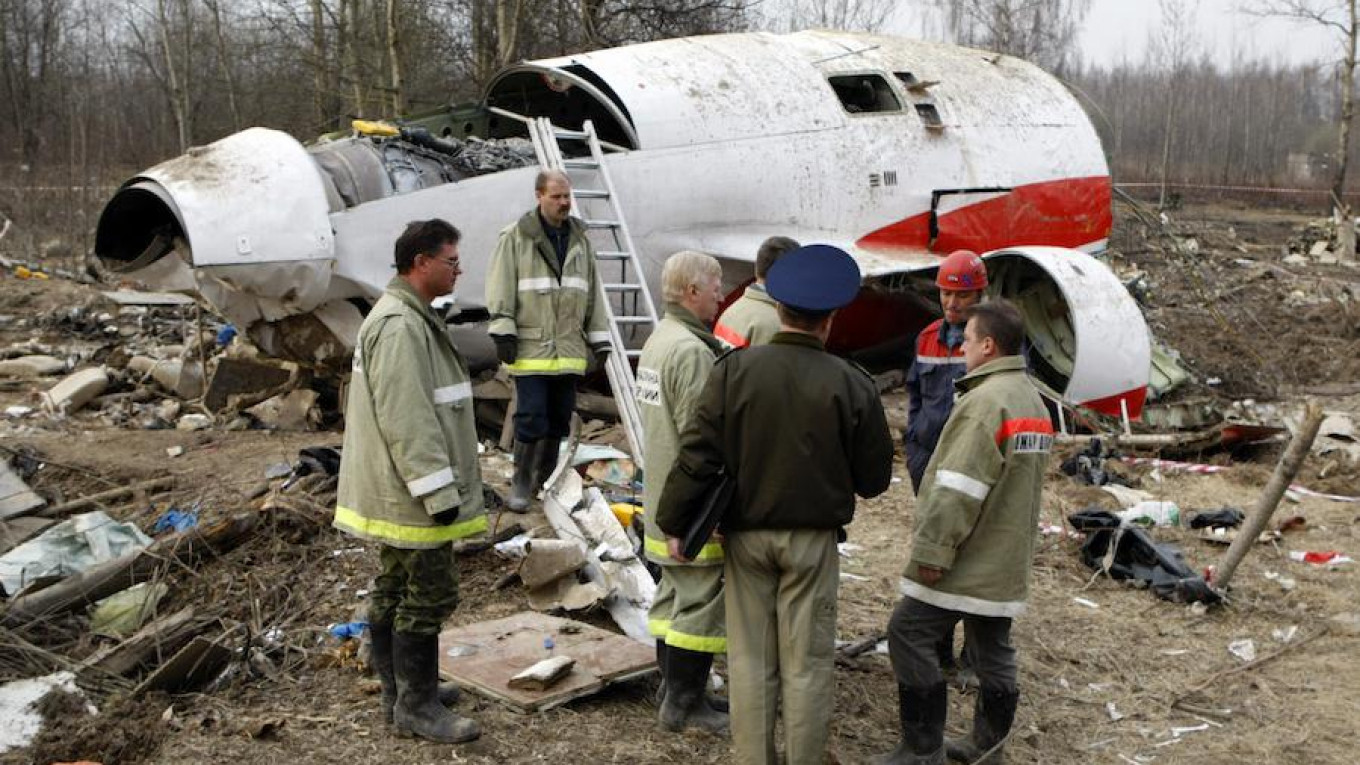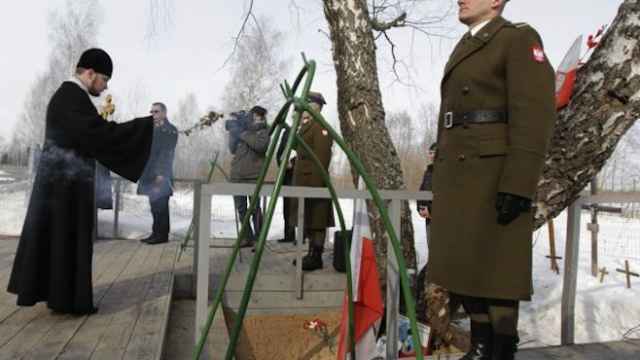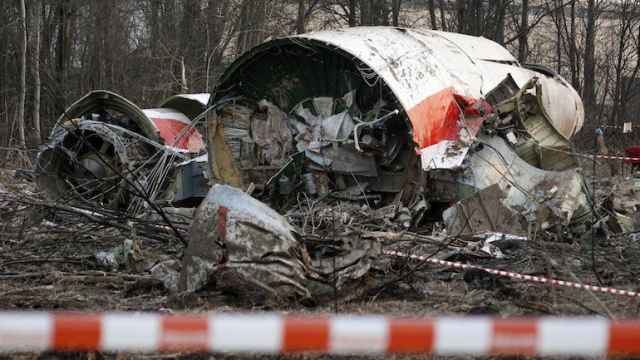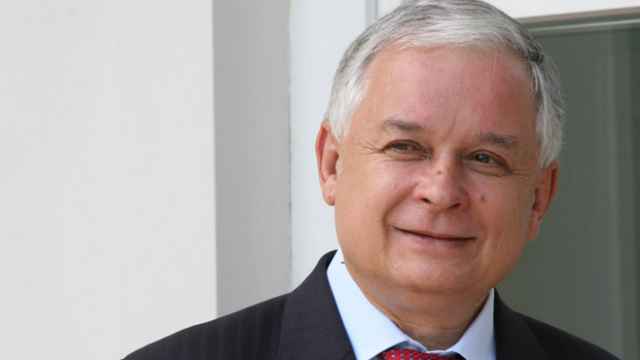Polish prosecutors have accused two Russian air traffic controllers of “deliberately provoking” the fatal plane crash which killed former Polish President Lech Kaczynski in 2010.
Marek Pasionek, deputy head of the National Public Prosecutor's Office, said that new evidence uncovered during a government investigation had led to new charges against the two men, as well as a third person inside the flight control tower at the time of the crash.
Ninety-six people died during the disaster at Russia's Smolensk airport, including the former president, his wife, and a number of top Polish officials. Poland's ruling Law and Justice party has long maintained that the disaster was the result of foul play, but previous threats of criminal charges have centered on negligence.
An official Russian investigation into the crash linked the disaster to adverse weather conditions at Smolensk airport, and the crew's decision to land amid heavy fog. “[The crash] has already been seriously investigated,” Presidential Spokesperson Dmitry Peskov told the Interfax news agency. "We simply can't agree with these kind of conclusions.”
A Message from The Moscow Times:
Dear readers,
We are facing unprecedented challenges. Russia's Prosecutor General's Office has designated The Moscow Times as an "undesirable" organization, criminalizing our work and putting our staff at risk of prosecution. This follows our earlier unjust labeling as a "foreign agent."
These actions are direct attempts to silence independent journalism in Russia. The authorities claim our work "discredits the decisions of the Russian leadership." We see things differently: we strive to provide accurate, unbiased reporting on Russia.
We, the journalists of The Moscow Times, refuse to be silenced. But to continue our work, we need your help.
Your support, no matter how small, makes a world of difference. If you can, please support us monthly starting from just $2. It's quick to set up, and every contribution makes a significant impact.
By supporting The Moscow Times, you're defending open, independent journalism in the face of repression. Thank you for standing with us.
Remind me later.






